Table of Contents
What Is Urethral Sounding?
Let's talk about something you probably won't hear during brunch—unless your friends are very open-minded. Urethral sounding, also known as urethral play or "that thing some people do with metal rods," is a niche but real sexual practice. Some people find it intensely pleasurable. Others hear about it and immediately cross their legs.
If you're curious—but cautious—you're in the right place. We've sorted through the medical facts (not Reddit threads) so you can get the info without the fear factor.
Urethral sounding involves inserting slender, smooth tools (called "sounds") into the urethra—the tube that carries urine out of the body. Originally, this was a medical procedure used to treat strictures (narrowing of the urethra).
But somewhere along the way, people figured out it could also be sexually stimulating.
Think of it like this: sounding is to your urethra what flossing is to your teeth—very specific, not for everyone, and definitely something you want to do correctly if you're going to do it at all.
Why Would Anyone Do This?
Fair question. The short answer? Pleasure. The urethra is packed with nerve endings, and in people with penises, it runs through the prostate—aka the P-spot. In people with vulvas, the urethra is close to the G-spot and other sensitive tissues.
For some, that internal stimulation creates a new kind of orgasm or adds intensity to the usual one.
It's also about curiosity and exploration. Some people are into the taboo aspect, others just want to try something new. Like pickle-flavored soda or "Hot Ones," it's not for everyone—but those who love it, really love it.
.png)
Is It Safe?
Here's where we need to get serious for a sec. According to both Healthline and Medical News Today, urethral sounding carries real risks. These include:
- Urinary tract infections (UTIs)
- Urethral tears or trauma
- Bleeding
- Stuck or lost objects (yes, this happens more than you think)
- Long-term scarring or narrowing of the urethra
- In more extreme cases, emergency surgery
Doctors—especially urologists—typically do not recommend recreational sounding. But if you're going to try it anyway, doing it safely is absolutely crucial.
How to Sound Safely
Let's be honest: this isn't something you want to improvise with a pen or chopstick. If you're going to explore urethral sounding, here's how to reduce the risks:
- Sterilize. Everything. Boil your tools or use a medical-grade disinfectant. Wash your hands thoroughly, or wear gloves.
- Lube is your best friend. Go for a sterile, water-based surgical lubricant. The more, the better.
- Pick the right size. Beginners should start with slightly larger sounds—they're easier to control and less likely to slip too far in.
- Stay relaxed. Insert slowly. Never force it. If there's resistance, stop. Pressure is not your green light.
- Wait for flaccid. If you have a penis, don't insert or remove the sound while erect. It can be painful and risky.
- Pee after. Urination helps flush out bacteria and leftover lube. It might sting a little, but it's usually temporary.
- Clean up after. Wash everything thoroughly post-session, including your tools and body.
- Use a safe word. Yes, even if you're solo—it's about knowing your limits. Pain or pressure is a cue to stop, not push through.
-
$23.90$35.85
-
$69.93$77.70
-
$38.90$58.35
Common Mistakes to Avoid
People get into trouble with sounding when they:
- Use non-medical objects (please, no bobby pins or mechanical pencils)
- Skip sterilization
- Try it while under the influence
- Push too far, too fast
- Ignore pain or bleeding
No kink is worth an ER visit—or an "object retrieval" surgery. If something gets stuck, don't try to fish it out yourself. Go to the hospital and be honest. Doctors have seen far stranger things (ask any ER nurse during Pride weekend).
TL;DR
People get into trouble with sounding when they:
Urethral sounding is a form of sexual play that involves inserting smooth tools into the urethra for stimulation. It's risky. It can go wrong. But with education, hygiene, and caution, some people practice it safely and enjoyably.
Still, most urologists say: if you're not doing it for medical reasons, maybe don't do it at all. But if you are going to explore it, take it seriously.
Curiosity is great—but safety is hotter.



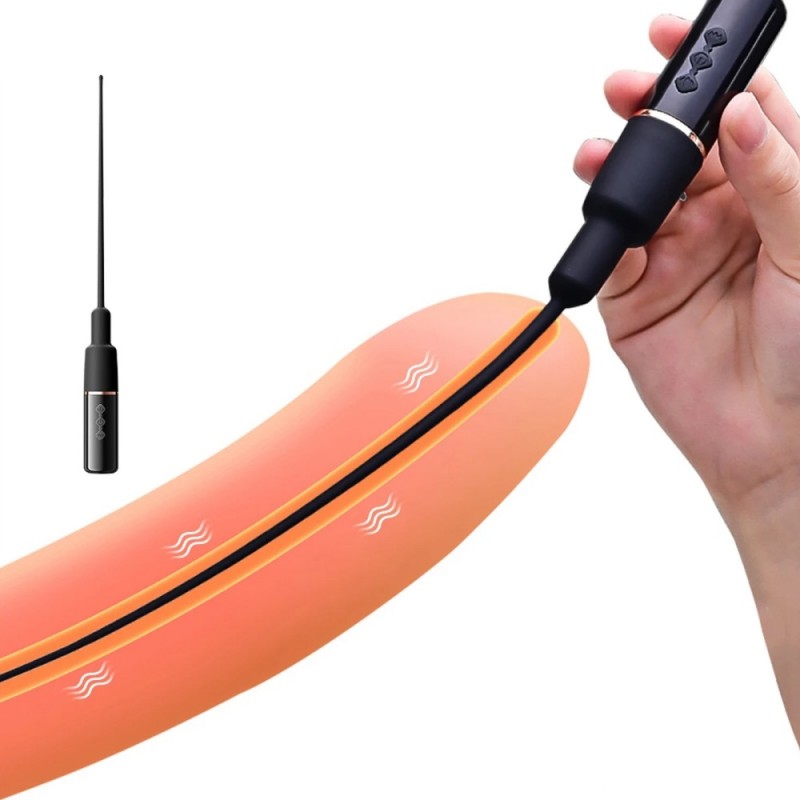
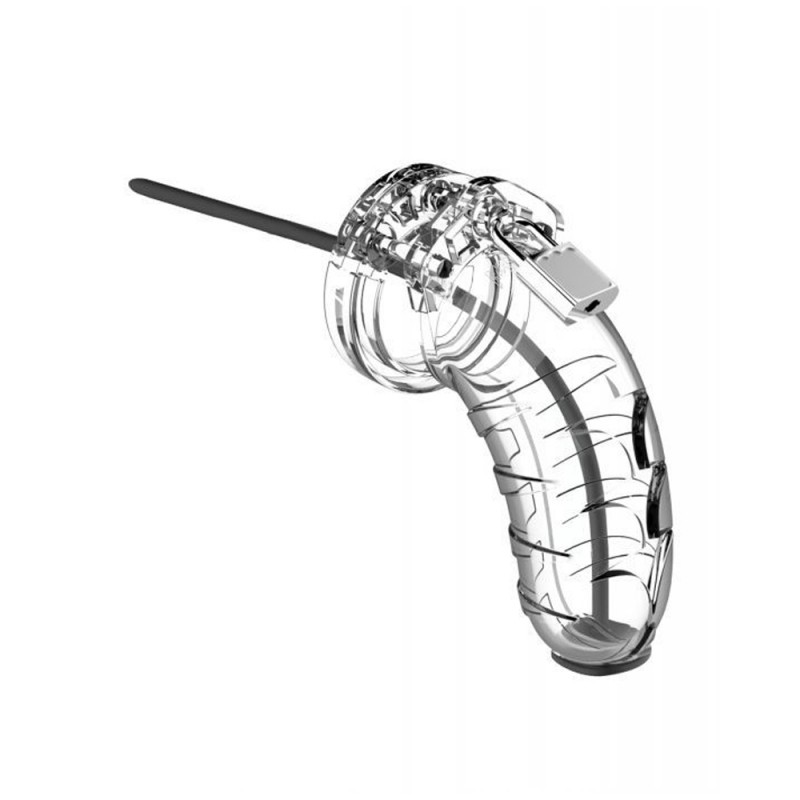
.jpg)

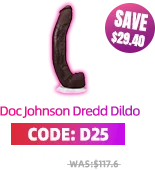

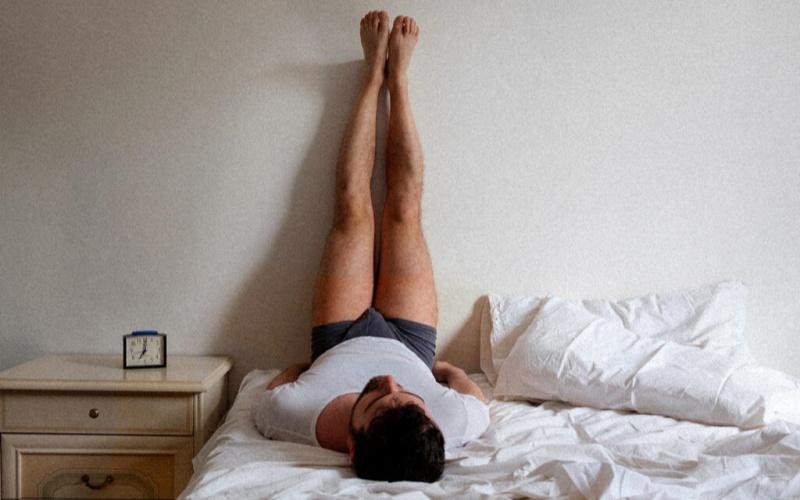

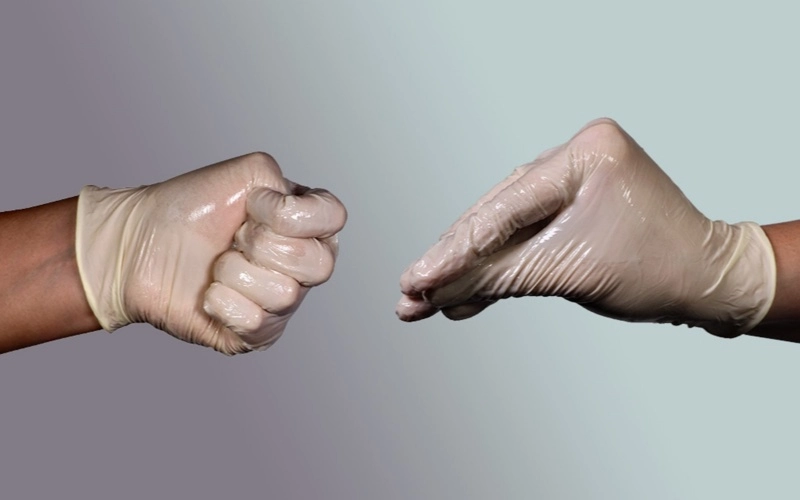
.webp)









